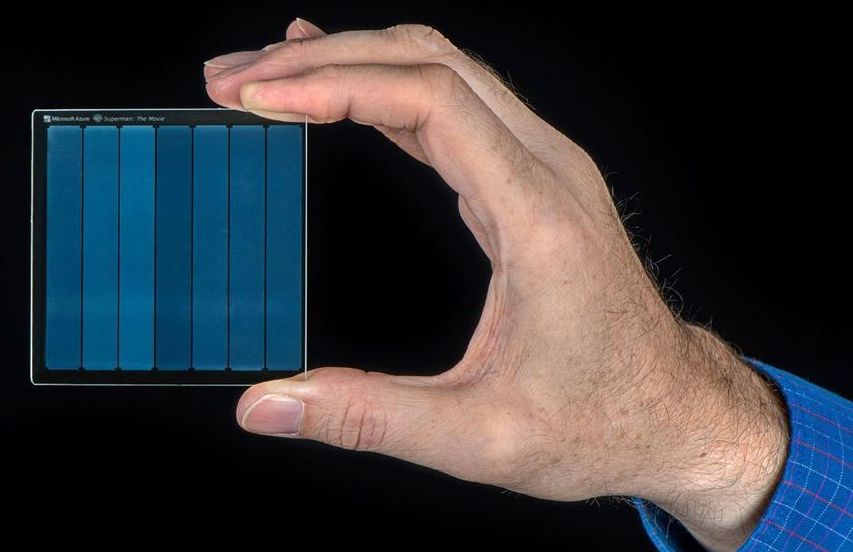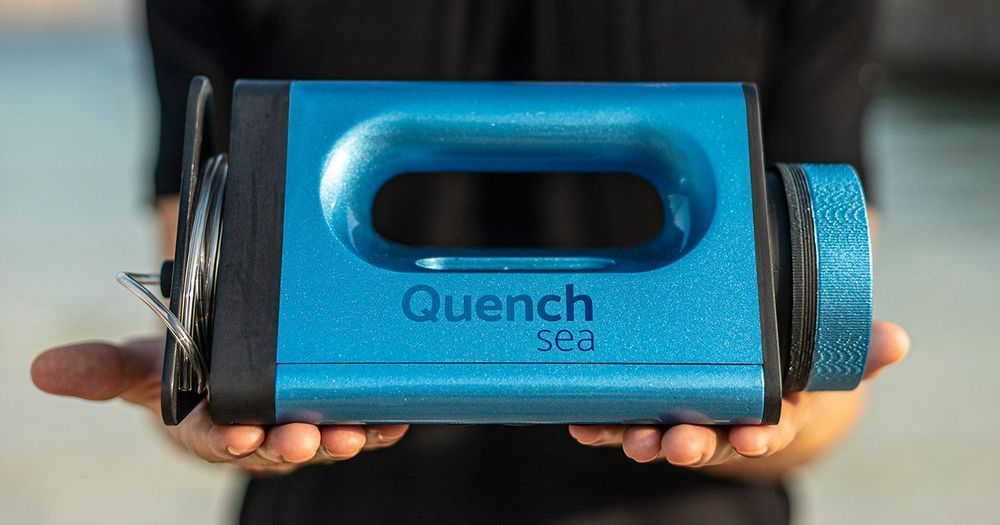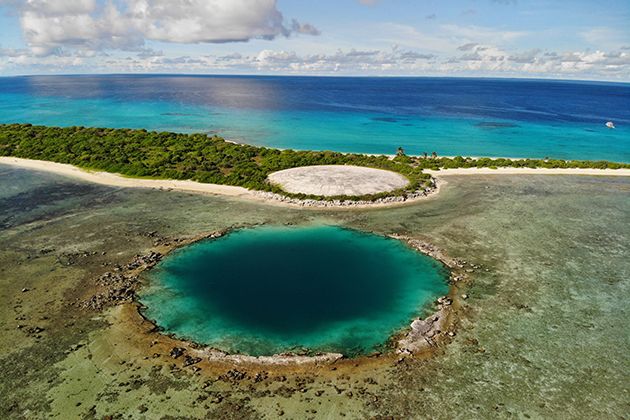Page 7362
Jul 3, 2020
Tape Storage Could Soon Crush Hard Drives With 400TB Capacities
Posted by Shailesh Prasad in category: computing
If you’ve got a mountain of digital data to store but don’t necessarily need to access it every day, tape cartridges are the way to go. Twelve terabytes of storage will set you back about $100 these days, but in the coming years, Fujifilm believes it can push the technology to 400TB capacities in a single cartridge.
Jul 3, 2020
QuenchSea: Turn Seawater into Freshwater
Posted by Tracy R. Atkins in category: sustainability
Interesting technology for myriad reasons. Game changer for people in underdeveloped coastal areas.
The World’s Only Low Cost Portable Seawater Desalination Device. Ultimate Survival Tool | Check out ‘QuenchSea: Turn Seawater into Freshwater’ on Indiegogo.
Jul 3, 2020
Harley-Davidson LiveWire rider completes Mexico to Canada electric border run
Posted by Quinn Sena in categories: sustainability, transportation
Sure, the Harley-Davidson LiveWire electric motorcycle may be designed for urban riders, but that doesn’t mean it can’t handle long distance trips. At least that’s what Diego Cardenas just proved after completing a ride from the US-Mexico border to the US-Canada border to celebrate his 50th birthday!

“Even though we are living during unprecedented, challenging times, the spirit and resolute will of our country and all Americans has never been stronger.”
NASA Astronauts Chris Cassidy, Doug Hurley, and Bob Behnken, the three Americans living in space, paused this week to commemorate the nation’s 244th birthday. They shared this message, featuring the famous flag that flew on the first and last space shuttle missions and will be returned to Earth by Hurley and Behnken later this year.
Jul 3, 2020
Stablecoins: The Next Gold Rush? – Article
Posted by Ian Hale in categories: bitcoin, finance
What money should be has been explored by more than one economist. What it is, strange as it may sound, is also up for debate. Yet amidst these disputes, practical and abstract, there is consensus.
At this time the entire crypto market is valued between 380 and 560 billion USD. The value of all the world’s stocks is around 70 trillion USD. The daily volume of the Forex is 5.1 trillion USD. Despite the excitement it periodically sparks in mass media and high finance circles, crypto is barely a drop in the bucket.
As I stated in my response to Robert Shiller’s critique of Bitcoin, tokenization is a means of dividing an asset. Tokenization, easily dividing an asset among stakeholders, is a strength of blockchain technology. Tokens can represent abstract entities issued on the blockchain, but they can also be tethered to a piece of real estate, a work of art, a trademark, or a freighter of Chilean copper.
Jul 3, 2020
Check Out the U.S. Army’s New High-Tech Joint Light Tactical Vehicle
Posted by Quinn Sena in category: transportation
Jul 3, 2020
U.S. says leaking nuclear waste dome is safe; Marshall Islands leaders don’t believe it
Posted by Quinn Sena in category: nuclear energy
The DOE says that radioactive leakage from Runit Dome, a respository for U.S. atomic waste, is insignificant. Marshall Islands leaders are skeptical.
Jul 3, 2020
How the brain builds a sense of self from the people around us – new research
Posted by Genevieve Klien in category: neuroscience
How does the brain distinguish between the “self” and the “other”? A new study gives a clue.
Jul 3, 2020
Glowing bacteria could slow the rise of antibiotic-resistant superbugs
Posted by Genevieve Klien in categories: biotech/medical, government
The rise of antibiotic-resistant bacteria presents an ominous threat for humankind, with these so-called superbugs projected to kill millions of people annually by midway through the century. Scientists at the University of Exeter have developed a promising technique that could help us keep these crafty foes in check, by quickly illuminating bacteria when antibiotics have had the desired effect.
Such is the seriousness of superbug dilemma that one UK government report recently found they could kill 10 million people a year by 2050 unless some new solutions are found. These are bacteria that have evolved to become resistant to our very best drugs, and they could possibly cast the world back into the dark ages of medicine if they are simply left to do their thing.
While this resistance occurs naturally as bacteria evolve, one of the major contributing factors to its acceleration is the overuse of antibiotics. Prescribing antibiotics for humans and having them take drugs either for the wrong condition or consume more than they need, creates more opportunities for the bacteria to evolve, ramping up the overall trend.
















